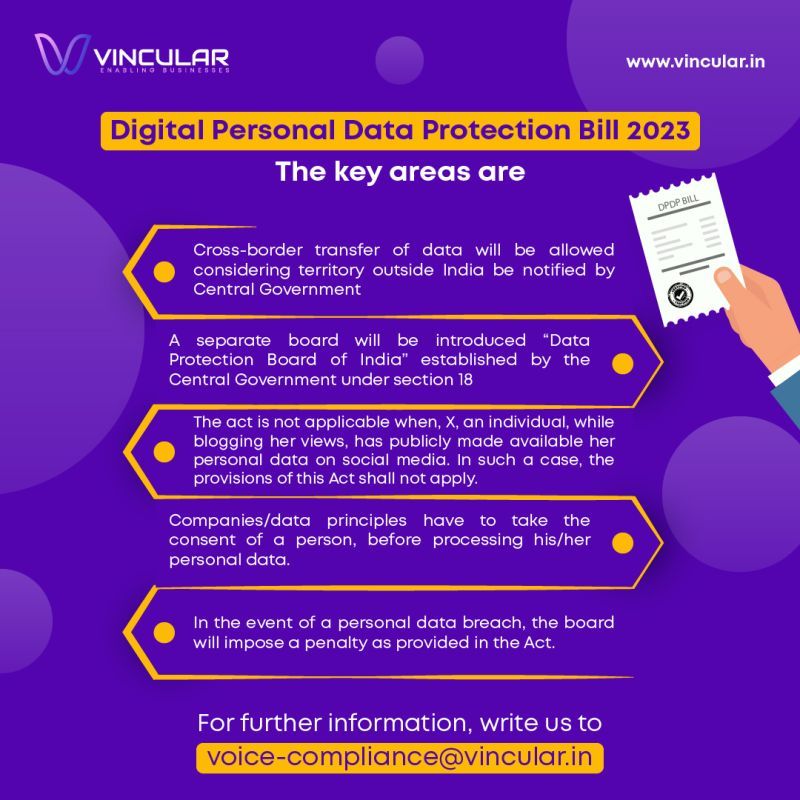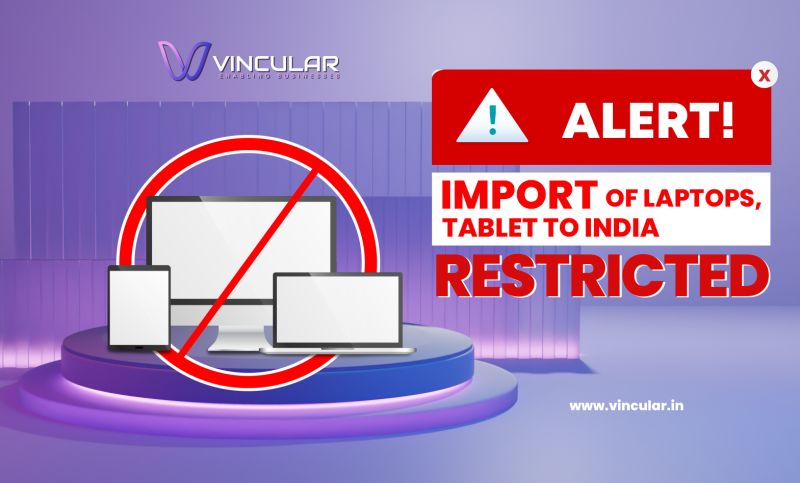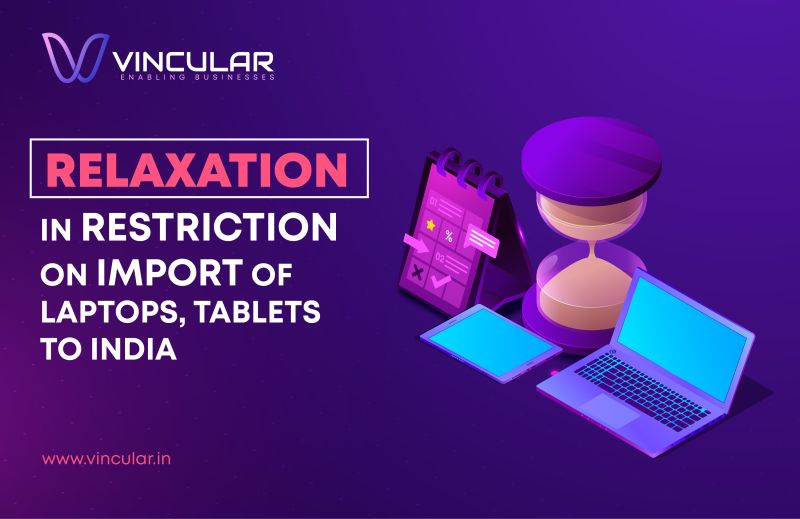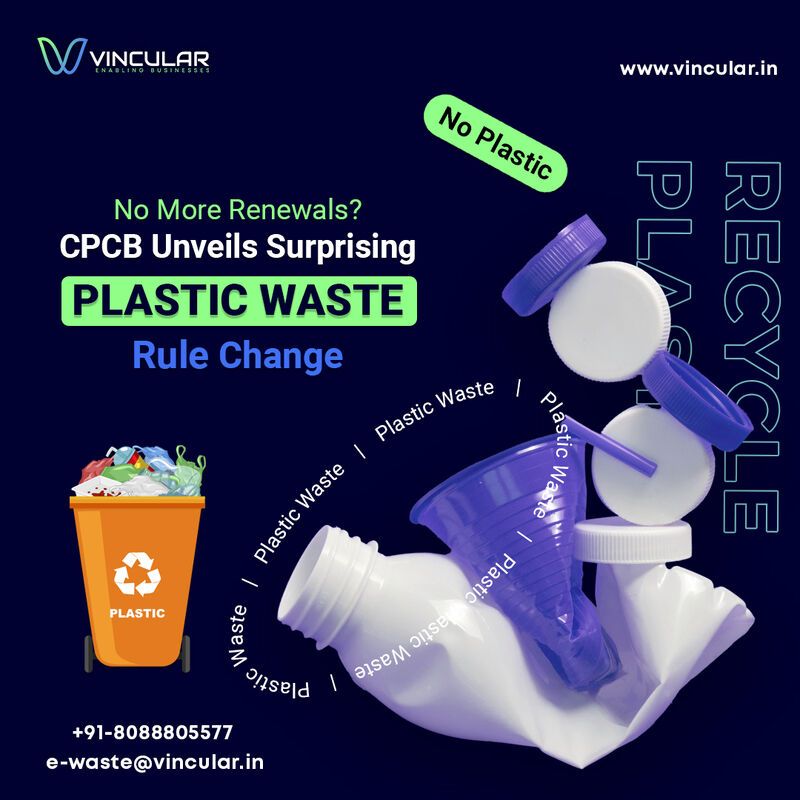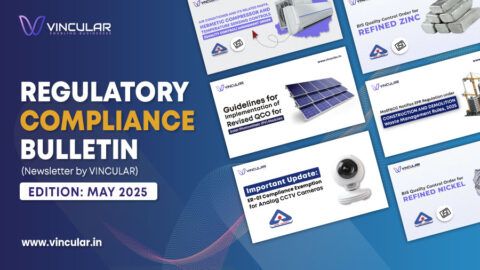BIS-ISI
A Game-Changing Announcement for Fire Extinguishers!
DPIIT released a QCO on 9th August 2023 for the mandatory implementation of Portable (IS 15683:2018) and Wheeled (IS 16018:2012) fire extinguishers in the BIS-ISI scheme. From 9th February 2024, it is mandatory to have an ISI mark on the fire extinguisher.
The enforcement dates for micro and small enterprises are as follows:
- Micro Enterprises: 9th August 2024
- Small Enterprises: 9th May 2024
For more details refer to the Quality Control Order here.
Say Hello to an Era of Safe Cooking!
The Department for Promotion of Industry and Internal Trade (DPIIT) has released the Certification Order that Domestic Gas Stoves are used with Piped Natural Gas, all within the esteemed ISI scheme (IS 17153:2019). Please note that this doesn’t cover stoves intended for export. From 9th February 2024, it is mandatory to have an ISI mark on domestic gas stoves.
The enforcement dates for small and micro enterprises are as follows:
- Small enterprises: 9th May 2024
- Micro enterprises: 9th August 2024
For more details refer to the Quality Control Order here.
BIS Mark is Now Essential for Ceiling Fans
The Department for Promotion of Industry and Internal Trade (DPIIT) is all set to redefine your comfort standards. Starting February 9th, 2024, Electric Ceiling Type Fans (IS 374:2019) will be sporting the prestigious BIS-ISI mark, a symbol of excellence and uncompromising quality. Please find the attached link to the Quality Control Order here.
Note:
- For Small Enterprises: Enforcement date 9 May 2024
- For Micro Enterprises: Enforcement date 9 August 2024
Get Ready for a Sizzling Upgrade in Kitchen Safety!
The Department for Promotion of Industry and Internal Trade (DPIIT) just dropped the ultimate news – a Quality Control Order that sets the stage for mandatory Cookware and Utensil revolution!

Starting February 9th, 2024, the BIS-ISI mark will become the golden standard for your kitchen essentials. Please find the attached link to the Quality Control Order here.
Note:
- For small enterprises: Enforcement date 9th May 2024
- For Micro Enterprises: Enforcement date 9th August 2024
BEE
Alert!! Suspension of BEE portal.
The Bureau of Energy Efficiency (BEE) has commenced the suspension of portal entities that did not submit their Production Data Upload (PDU) for the fiscal years 2017-2022.
Despite repeated notifications from the BEE department regarding the submission of production data for the fiscal years 2017-2022, the department has taken strict actions against permittees that have not adhered to these requirements. Consequently, their access to the BEE Star Label portal has been suspended, and they have been classified as non-compliant.
If non-compliant individuals still want to have BEE certification for their eligible products, they can do so by following these steps:
- Firstly, retrieve their portal, by submitting production data and paying the labelling fees at a rate of 10% each year from 2017 to 2022.
- Since the existing registered models on the portal have expired, re-registration of expired models is required in which, the test report for the appliances/equipment must not be more than 3 years old.
The notification can be assessed here.
Voice Compliance
DIGITAL PERSONAL DATA PROTECTION BILL, 2023
The DIGITAL PERSONAL DATA PROTECTION BILL, 2023 was passed in both the parliament houses; on 7th August in Lok Sabha and subsequently on 9th August 2023 in Rajya Sabha. Now the bill has also been published by the Ministry of Electronics and Information Technology (Meity) duly on 11th August 2023 making it India’s first comprehensive ‘Act’ towards the protection of the personal data of citizens of the country.
This bill was finalized after consultations and comments from the individuals and industry stakeholders of the ‘Draft Digital Personal Data Protection Bill, 2022′ released by the Ministry of Electronics and Information Technology last year. The primary objective of this proposed legislation is to establish guidelines for the handling of the personal data of individuals on digital platforms. These guidelines aim to balance the preservation of individuals’ rights to safeguard their personal information with the necessity of processing such data for legal purposes and related matters.
The Digital Personal Data Protection Bill frames out the rights and duties of the citizen (Digital Nagrik) on one hand and the obligations to use collected data lawfully of the Data Fiduciary on the other hand.
WPC
Import of Laptops and Tablets to India Restricted with Immediate Effect!!
The government introduced restrictions on the import of laptops, tablets, all-in-one personal computers, and ultra-small form factor computers and servers categorized under ISN 8471 of Chapter 84 of Import Policy with immediate effect. Notification issued by DGFT can be accessed here.
Major highlights of the notification issued:
- Import of products under HS codes 84713010, 84713090, 84714110, 84714120, 84714190, 84714900, and 84715000 will be restricted.
- Import Licenses from DGFT will be required to import products under the aforementioned HS codes.
- The manufacturer will have to procure Equipment Type Approval and an Import license from WPC before applying for an Import License from DGFT. ETA-SD will not be accepted.
However, the import licensing conditions will be exempted if:
- Only 1 unit of Laptop, Tablet, All-in-one PC, and other such items is imported. However, this is not applicable for Servers.
- If the product (up to 20 items per consignment) is being imported for R&D, Testing, Benchmarking and Evaluation, Repair and return, and Product Development purposes.
- If the product is re-imported after being repaired abroad.
- If the product is an essential part of another Capital Good.
Relaxation on Import of Laptop/Tablet till 31st, October 2023
To give time to industry to prepare, the restriction on products categorized under HS 84713010, HS 84713090, HS 84714110, 4120, HS 84714190, HS 84714900, HS 84715000 has been extended by the DGFT for 3 Months. Now, the restriction on import will come into effect on November 1, 2023, and consignment products like Laptops, Tablets, All-in-one Personal Computers, ultra-tiny form factor Computers, and Servers under HSN 8471 can be cleared without the need for a License for Restricted Imports until October 31, 2023. The restriction on import will go into force on November 1, 2023.
The notification can be accessed here.
BIS-CRS
Updates under ALMM order for Solar PV Modules
MNRE had issued major reforms vide its notification dated 10-05-2023 in the approved list of Models and Manufacturers (ALMM) for Solar PV modules which comply with BIS standards and have a minimum allowed module efficiency.

Before this ALMM list was updated twice in this month on 3rd Aug 2023 and 17th Aug 2023 Now the ALMM-list 1 has been further updated as per the enclosed notification on 23rd Aug 2023 as per notification.
TEC
NCCS Voluntary Security Certification for IP Router & Wi-Fi CPE
To encourage stakeholders to get their products tested for Security testing requirements under MTCTE, NCCS has released a notification announcing a new Voluntary Certification Scheme (VCS) for Security testing of the two mandated products – IP Router and Wi-Fi CPE.
Here are some key takeaways from the news:
- VSC will be an offline process where certification will be applied to NCCS in an offline manner through the submission of application forms, documentation, and other requisites. Applicant needs to submit an offline application form along with processing documents like Bill of Material, Legal documents, filled Annexures, and TSTL’s acceptance letter, endorsed by the Authorized signatory with physical sign stamp.
- The testing of the product must be done in an NCCS-accredited TSTL lab in India.
- The scheme is applicable from 1st September ’23, and the no Administrative Fee & Security Test report evaluation fee will be needed until further notice or till 31st Dec ’23, whichever is earlier.
Pros of applying for VCS:
- No administrative fee and No Security Test Report evaluation fee are required to be paid.
- No need to apply for conversion to online mandatory certification later (offline certification will be valid for 5 years, as per Security testing guidelines by NCCS)
- The validator will be assigned by NCCS who will witness the entire test procedure. The validator has the authority to monitor the process, counter-question the test lab and, in turn, the applicant on anything related to the product/testing.
For more details about the notification and the voluntary certification scheme, please click on the link here.
VINCULAR also offers security pre-compliance testing services, that will allow you to have a hands-on experience with security testing requirements for your device under NCCS/ MTCTE.
E-waste
Interim Arrangement Request extended until 15th September 2023
In continuation to the CPCB Notice dated 30th July 2023, which granted an interim arrangement for the release of imported consignments based on the submission of undertaking by the stakeholders to the Customs Office till 31st August 2023, has now been extended till 15th September 2023. CPCB, in its latest notice (dt. 31st August 2023) has notified that the interim arrangement for the release of imported consignments of Producers will be considered till 15th September 2023 for all the 106 notified EEE items.
No More Renewals? CPCB Unveils Surprising Plastic Waste Rule Change
CPCB issued a notice “Removal of Difficulties” on 28th August granting the clarifications listed below-
1. Registrations granted to Producer, Importer, and Brand Owners (PIBOs) shall not require renewal and be changed only on the request of PIBOs, as per the existing Extended Producer Responsibility (EPR) framework.
2. For all PIBOs with valid EPR Authorisation, the last date to file PWM Annual Returns for FY 2022-23 is 31st October 2023, failing which Environmental Compensation (EC) shall levied.
3. All the Plastic Waste Processors (PWPs) or Recyclers registered on the CPCB portal during FY 2022-23 must file their ‘Annual Returns’ on priority if not done. The deadline for the same was 31st July 2023.
4. The validity of Registration to ‘PWPs or Recyclers’ has been extended to 1 year to ease the operations of all the stakeholders.
FSSAI
FSSAI Implements Changes to Alcoholic Beverage Labels
‘Food Safety and Standards (Alcoholic Beverages) First Amendment Regulations, 2023, introduced by the Food Safety and Standards Authority of India (FSSAI), will come into force on March 1, 2024.
According to the new regulations, alcoholic beverages cannot contain any nutritional information other than energy content, expressed as kilocalories (kcal).
Furthermore, FSSAI has taken the initiative to provide crystal-clear definitions for two distinct categories of whiskey: single malt whiskey and single grain whiskey.
Single malt whisky is made from malted barley without the addition of any other grains distilled in a pot still and produced by a single distillery. However, single-grain whisky is produced in a single distillery from fermented mashes containing either malted or unmalted grain.
The regulation aims to provide clarity on labelling requirements for different types of whiskies.
ARAI
BNCAP’s Star Rating System for Cars Takes the Roads by Storm!
Bharat New Car Assessment Programme (BNCAP) launched by the Ministry of Road Transport and Highways, is set to revolutionize the automotive industry. Starting from October 1, 2023, this program establishes safety standards for vehicles with up to eight seats and a gross weight of under 3.5 tonnes, whether they are manufactured or sold in the country.
Under Bharat NCAP, only the base model of a specific car variant will be tested. After rigorous evaluations in three key areas—adult occupant protection, child occupant protection, and the presence of safety assist technologies—the cars will receive ratings ranging from one to five stars.
This system not only ensures vehicle safety for buyers but also enables Indian automakers to compete on a global stage. Moreover, it promotes safer driving practices, lessens the healthcare burden, and opens opportunities for incentives from the insurance sector.
In a nutshell, it’s a game-changer for car safety in India.
PESO
PESO’s Explosive Warning: Are You Breaking the Rules?
On August 10, 2023, the Petroleum and Explosives Safety Organisation (PESO) issued an important notice about the SETT Level III implementation for printing 2D barcodes on explosives at the unit level (excluding detonators).
Here’s what you need to know:
- About the circular dated June 15, 2023, it was announced that SETT Level III would be enforced starting from July 15, 2023.
- All explosives manufacturers are strongly advised to stop the production of explosive products (excluding detonators) that do not comply with the requirement of applying a 2D barcode at the SETT Level.
- In the case of manufacturers found to be producing explosives without a 2D barcode on the unit level, they shall be considered as unauthorized manufacturers and are liable for penalty under Rule 24(5) of the Explosives Rules, 2008.
Gas Transporters Beware: PESO’s New Guidelines Could Save Life!
PESO released Standard Operating Procedures (SOP) and Guidelines for the installation of Rear and Lateral Under Run Protective Devices
The Petroleum and Explosives Safety Organisation (PESO) has issued crucial safety guidelines in response to a directive from the Hon’ble High Court of Calcutta. These guidelines pertain to the installation of Rear and Lateral Under Run Protective Devices on vehicles used for transporting bulk quantities of compressed gas under the license category FORM LS-2 of the SMPV (U) Rules, 2016. This safety update is intended to reduce road accidents and applies to all licences, fabricators, competent persons, and stakeholders in the transportation sector.
Detailed SOP and guidelines for the installation can be accessed at the RUPD and LUPD on vehicles SMPV Circular
Be Ahead of the Competition with VINCULAR!
Stay updated with our Newsletter and get the Latest Regulatory Compliance News straight to your inbox – Subscribe Now!





